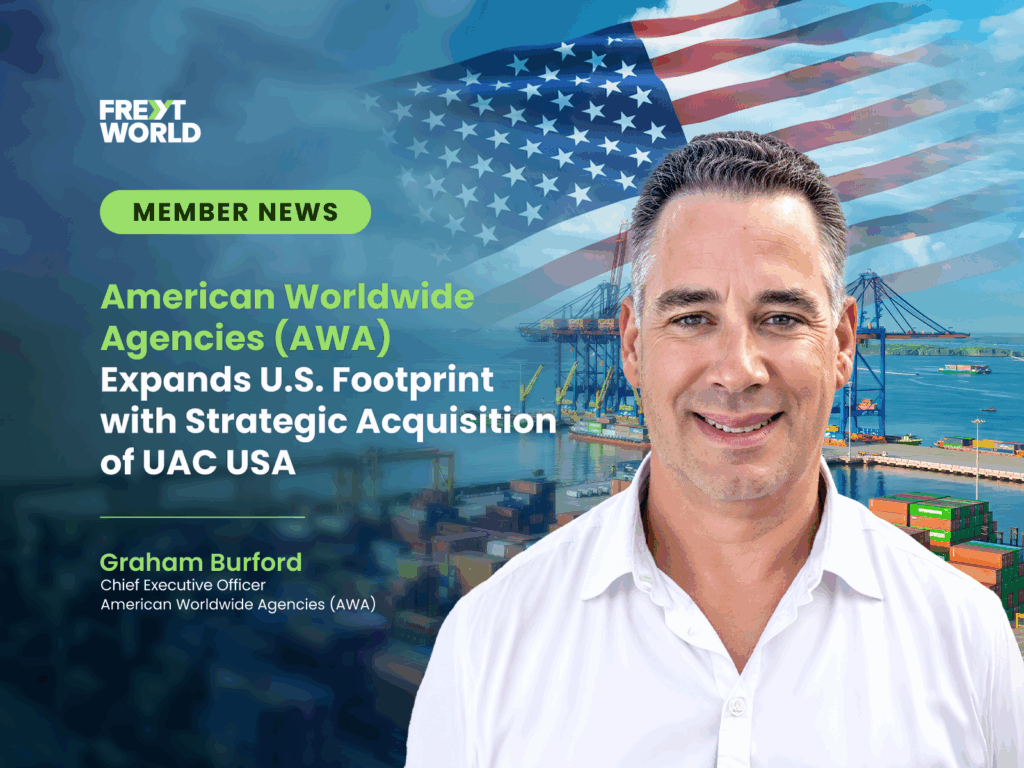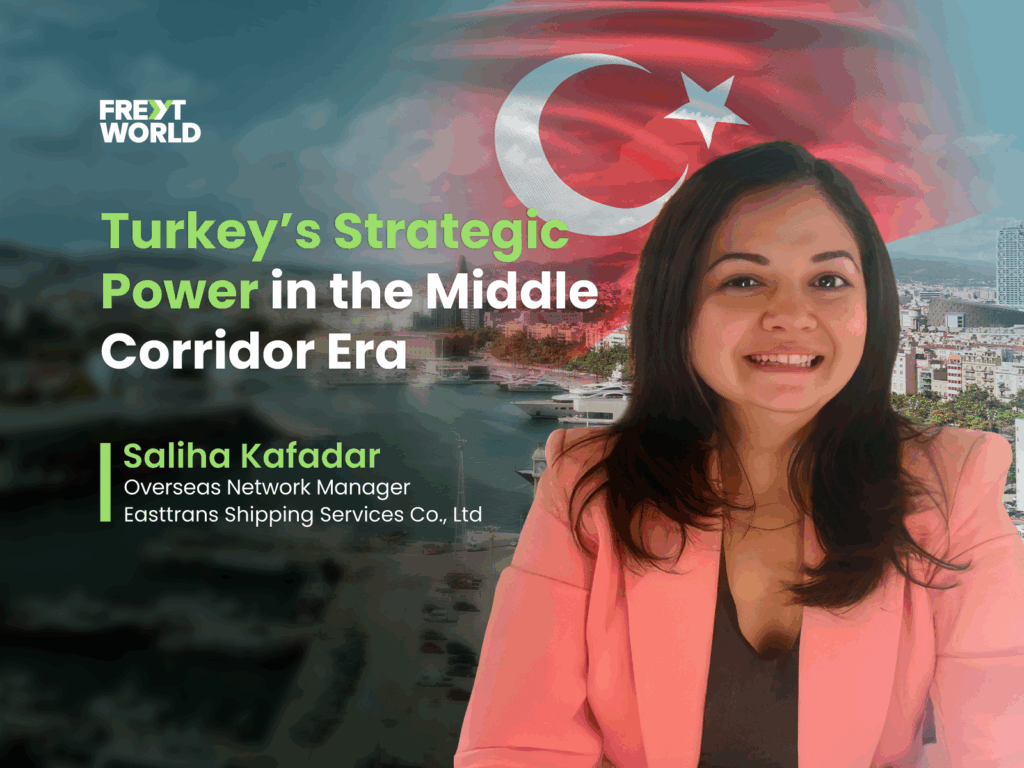
At Freyt World, we are always thrilled to see our members grow, evolve, and strengthen their positions in the global logistics market. Today, we are proud to spotlight a major milestone for American Worldwide Agencies (AWA), a leading neutral freight wholesaler and valued member of our network.
Effective December 1, 2025, AWA has officially acquired UAC USA, the United States operations of UAC International. This strategic move marks a significant step in AWA’s mission to connect the U.S. to the rest of the world with even greater efficiency and reach.
A Pivotal Moment for Neutral Wholesaling
As AWA looks ahead to 2026, this acquisition serves as a launchpad for expanding their "blue-collar, service-driven" approach that has become their hallmark. By integrating UAC USA, AWA is not just acquiring assets; they are unlocking new potential in critical gateway markets:
- Dallas (DFW): Expanding into this vital hub.
- Chicago (ORD) & Los Angeles (LAX): Strengthening existing operational presences.
What This Means for the Market
The integration of UAC USA’s infrastructure into AWA’s established network creates a robust, one-stop forwarding solution covering air, ocean, and project services. For freight forwarders and logistics partners, this translates to tangible benefits:
- Expanded Capacity: More options and increased departure frequency.
- Unified Operations: Consistent billing and documentation under the AWA brand.
- Enhanced Visibility: A single, unified operational environment for better tracking and control.
Leadership Perspectives
Graham Burford, CEO of AWA, highlighted the company's focus on stability during this exciting phase:
“This acquisition strengthens our physical footprint... and reinforces our commitment to delivering dependable, neutral wholesale forwarding solutions. Our priority is ensuring continuity, consistency, and confidence throughout this transition.”
Mark Kellett, CEO of UAC International, echoed this sentiment, noting that the decision was made with the long-term success of customers in mind, placing them in "safe, capable hands."
Note: UAC Australia remains under its existing management and is not part of this transaction.
Congratulations to the Team
We congratulate the entire team at American Worldwide Agencies on this successful acquisition. It is inspiring to see a Freyt World member taking decisive steps to build one of the most dependable wholesale forwarding networks in the United States.
Freyt World is a global logistics network uniting members from around the world. Our mission is to revolutionize global logistics through collaboration and innovation. Our platform goes beyond networking, enabling members to excel and grow together, featuring articles by logistics professionals for their peers. This series will cover industry-relevant issues and news, providing valuable insights for professionals in the field.

